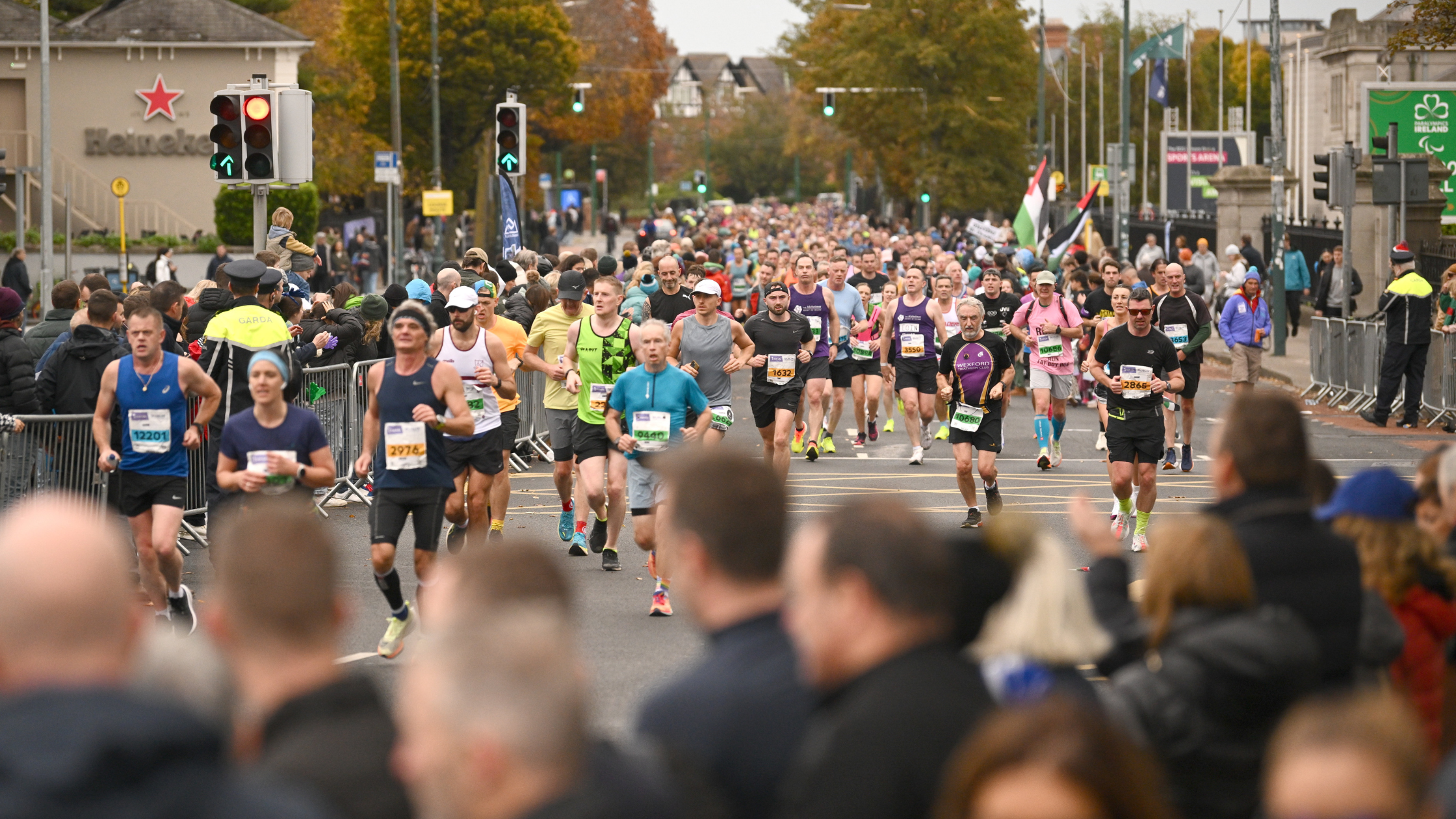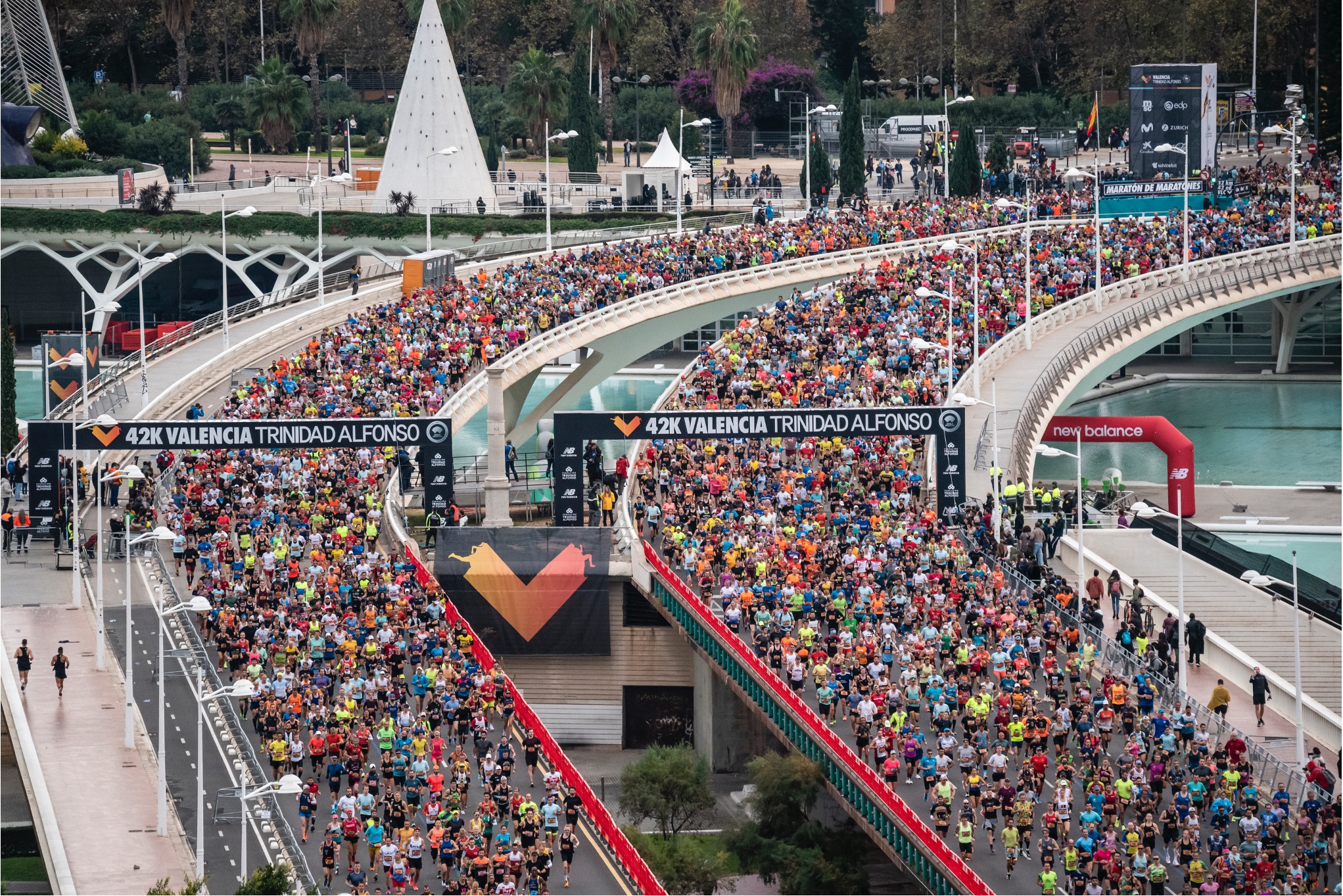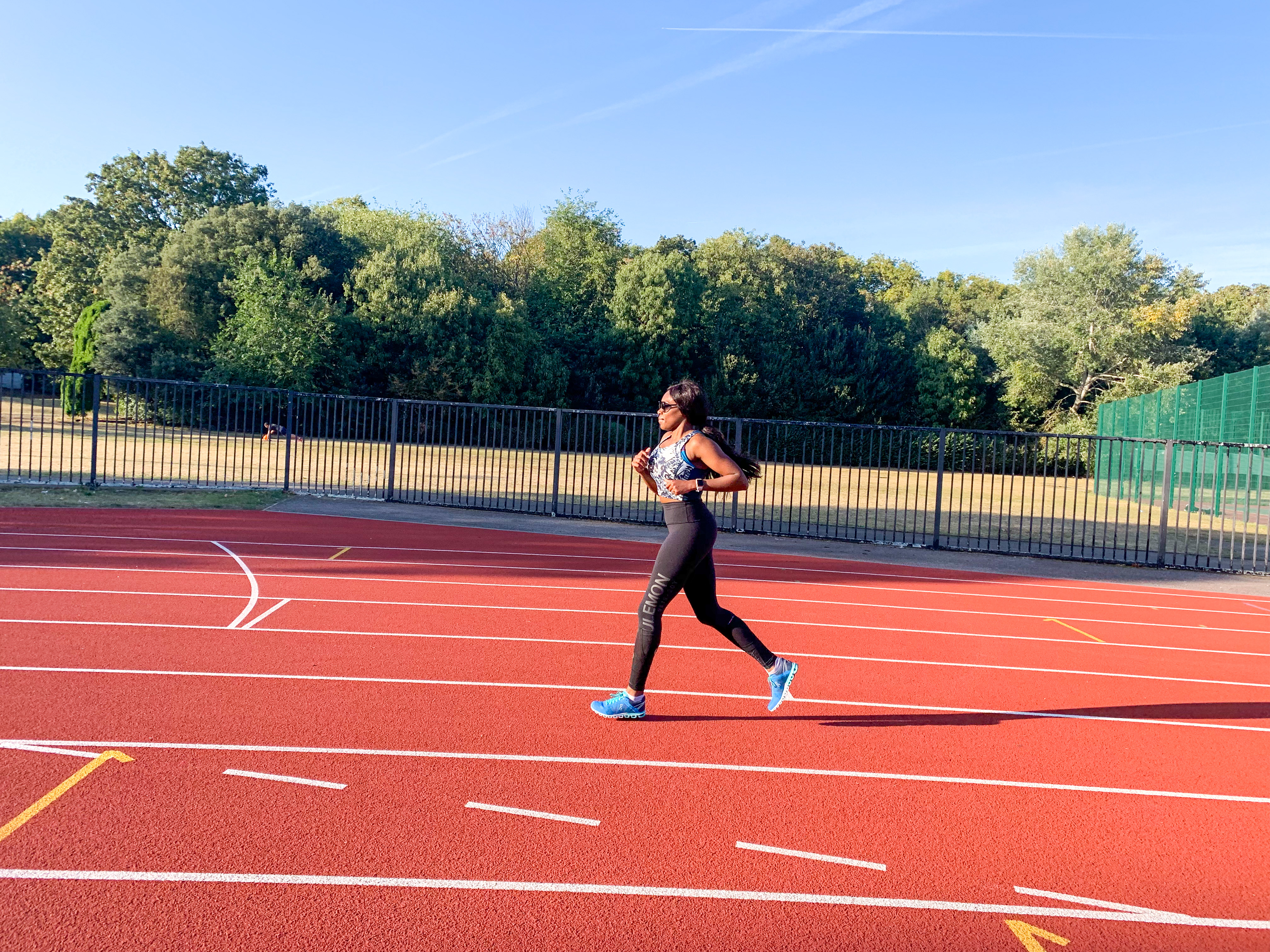If you’re new to running then as well as investing in new shoes, kit, and a training programme, you may just want to give your diet an overhaul too. As a runner it’s important to remember that your diet doesn’t just affect your performance, it can also affect your recovery from training, your immune system and even your risk of injury.
1. Aim for energy balance
Energy balance is a fundamental concept in nutrition but it’s one that so many people get wrong. As you increase your activity levels and therefore energy expenditure, you may need to ensure that you also increase your energy intake in order to meet the demands of your training. Failing to fuel your running with enough calories will ultimately take its toll on your muscles, bones and immune system, not to mention your performance!
2. Don’t shun carbs!
Low carbohydrate diets are fashionable in modern society but for runners they are a recipe for disaster because they starve the muscles of the primary fuel they need for endurance performance. Without adequate carbs you will most likely feel tired and sluggish and will be unable to run at higher intensities.
3. Get skilled at snacking
Runners tend to be very adept at grazing and for good reason. If you’re new to running and in particular, if you’re running after work, you may need to up your snacking game in order to maintain a more stable blood glucose level and to top up your glycogen levels, both of which will optimise performance.
So, what is best to eat? Generally carbohydrate based snacks are best as they are easily digestible and provide a good source of energy. The big no no’s are foods that are very high in fibre or fat and spicy foods as these can cause abdominal discomfort. Bananas, oatcakes and malt loaf are ideal options.
4. Accelerate recovery
Recovery nutrition is just as important as performance nutrition and good food choices can even help to maximise the adaptations that you get from a training stimulus. Yes, that’s right, selecting the right post-run food might actually make you faster!
Within the first few hours after running, your highest priorities in terms of recovery are initiating muscle repair and replenishing your muscle glycogen stores, so post-run refuelling is crucial if you want to enhance recovery, particularly if you plan on running again the following day. The window immediately post-exercise is when your body is most able to absorb nutrients which are critical for the body to repair and regenerate itself. You should aim to consume a snack containing a blend of carbohydrate and protein within 15-30 minutes of finishing and then a proper meal within 2 hours.
5. Iron ladies!
If you eat a balanced and nutritious diet, it’s very unlikely that you’ll gain any further health or performance benefits from supplements . However, there are some dietary considerations that female runners should be aware of.
Low iron stores are common in female athletes. This is because menstruation results in an increased need for iron, in fact perhaps double or even treble the amount of a non-exercising lady.
To combat this you should aim to include plenty of iron-rich foods in your diet such as lean red meat, oily fish, beans, nuts, eggs and green veggies. It’s also a good idea to ensure that you are consuming adequate amounts of calcium to support good bone health.















